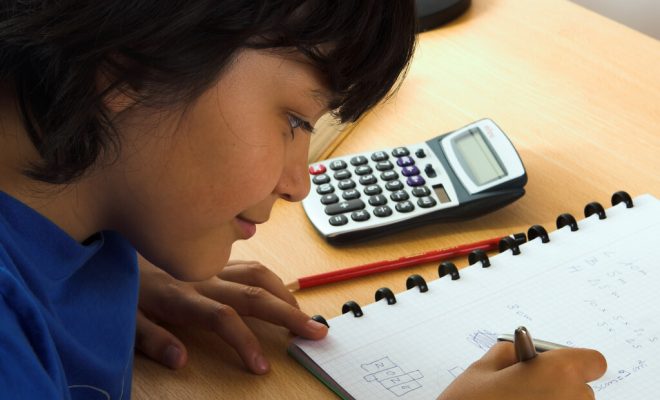12 Fun Phonics Activities and Games for Early Readers

Phonics is an important component in early reading development. It helps children decode words and improve their reading skills. Here are 12 fun phonics activities and games that can engage and excite early readers:
1. Letter Hunt: Hide letter cards around the house or classroom and have children search for them. Once found, ask them to say the sound the letter makes and think of words that start with that letter.
2. Phonics Bingo: Create bingo cards with a selection of phonics sounds. Call out words that include those sounds and have children mark them on their cards. The first one to get a line or a full house wins.
3. Word Building: Provide letter tiles or magnetic letters and have children build words. Start with simple three-letter words and gradually increase the complexity. Encourage them to sound out each letter and blend them to read the word.
4. Rhyme Time: Choose a simple word and ask children to come up with as many rhyming words as possible. This activity helps them recognize word patterns and improve their phonemic awareness.
5. I Spy with Phonics: Play a game of “I Spy” but instead of colors or objects, focus on phonics sounds. For example, “I spy with my little eye, something that starts with the sound /b/.”
6. Phonics Memory: Create pairs of cards with words that have the same phonics sound. Shuffle the cards and place them face down. Children take turns flipping two cards at a time, trying to find matching pairs. The player with the most pairs at the end wins.
7. Alphabet Scavenger Hunt: Give children a list of phonics sounds or a specific letter to find.
They can search for objects around them that start with the given sound or letter. This activity reinforces letter-sound correspondence.
8. Phonics Hopscotch: Draw a hopscotch grid with letters instead of numbers. Children have to say the sound each letter makes as they jump on it. This activity combines phonics with gross motor skills.
9. Word Families Wheel: Create a word families wheel consisting of word endings (e.g., -at, -op, -ig). Rotate the wheel and challenge children to generate words that belong to the corresponding word family. This helps reinforce phonics patterns.
10. Phonics Charades: Write down words on cards that children have to act out using only gestures, without speaking. For example, if the word is “cat,” they can pretend to meow or make cat-like movements. Others have to guess the word based on the actions.
11. Phonics Relay: Divide children into teams and provide each team with a set of cards containing words with different phonics sounds. One by one, team members have to run to a designated point, read a word card, and return. The team with the fastest completion time wins.
12. Phonics Apps and Websites: Utilize technology by incorporating phonics apps and websites into learning. There are various interactive resources available that engage children in phonics practice and learning games.
These phonics activities and games provide a fun and interactive way for early readers to enhance their phonics skills. By making learning enjoyable, children are more likely to stay engaged and develop a strong foundation in reading.


